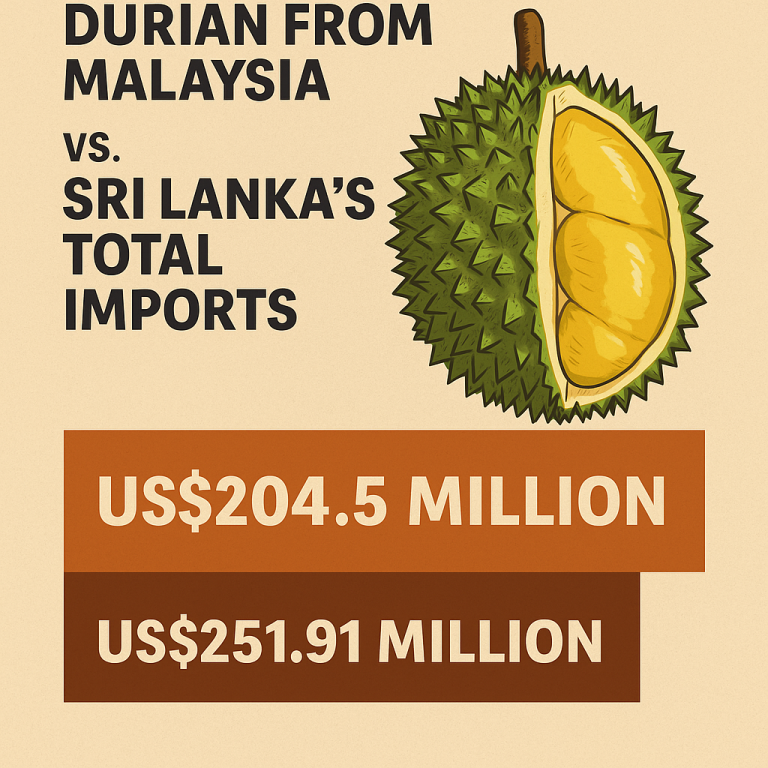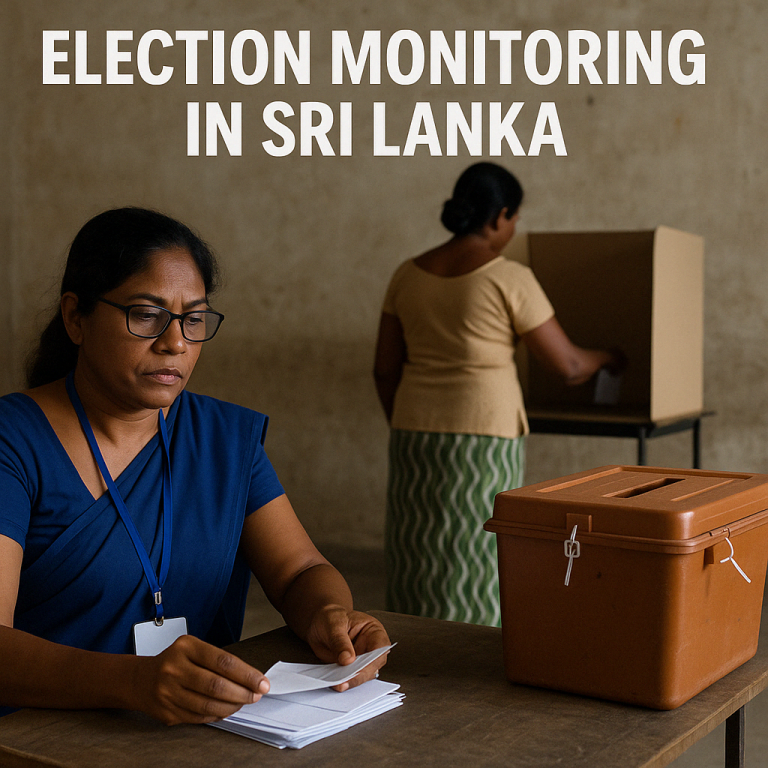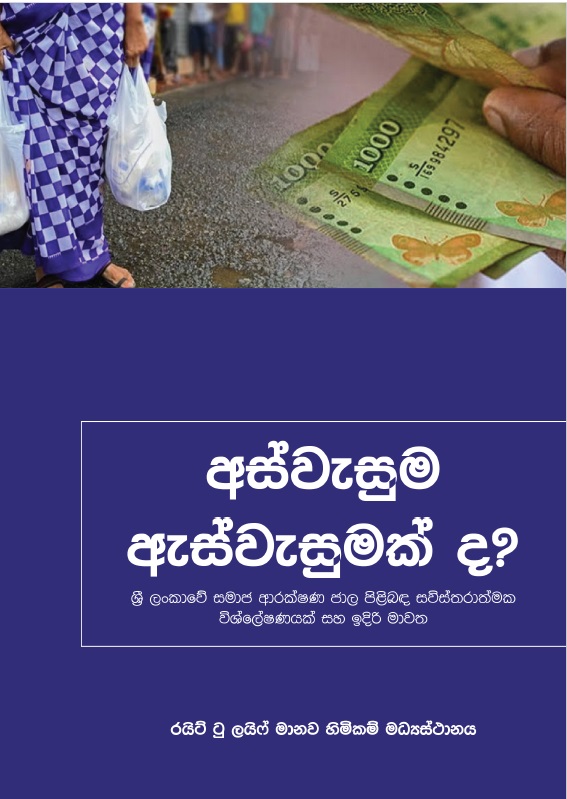The Spices and Allied Products Producers’ and Traders’ Associ-ation (SAPPTA) yesterday called on the Government to reconsider its decision to import spices for re-export, warning of potentially detrimental consequences for the local industry and economy.
“The move could undermine the local spice industry, impacting numerous farmers, exporters, and stakeholders in the value chain,” – SAPPTA President Christopher Fernando
He argued that the decision, made by the Cabinet on 11 June, to import selected spices for reprocessing and re-export, could have significant negative effects on the local agricultural market. “We request the Government to reconsider this matter, as it poses a significant threat to a large number of farmers and exporters. The Cabinet decision could harm the entire value chain and the overall economy,” he added.
He said the re-export scheme has raised significant concerns within the association regarding its impact on the quality of imported products and its implications for local growers.
“The ‘price control’ mechanism inherent in the TIEP scheme allows certain companies to import substandard spices, re-package them and export them at lower prices. This practice not only threatens the livelihoods of our farmers but also poses a risk to the integrity of our domestic market with inferior quality products,” he stressed.
The Cabinet decision was made following a meeting on 18 March, where the Finance, Economic Stabilisation and National Policies Ministry Secretary instructed a review of the Import and Export Control Regulations No. 3 of 2024. Key recommendations approved include: 1) Providing an opportunity to import selected spices for reprocessing and re-export to businesses approved by the Board of Investment under the procedure for the import and processing of selected spices and re-export the same in the form of oil extraction, oleoresin and residue; and 2) Issuance of Import and Export (Control) Regulations under the provisions of the Import and Export (Control) Act No. 1 of 1969 for the above purpose.
Fernando cited past examples where relaxed import restrictions on turmeric and ginger led to local farmers ceasing cultivation, which increased demand and foreign exchange spending on imports. “Similarly, the past relaxation of import restrictions on pepper resulted in foreign pepper being mixed with local produce, causing high levels of chemical residues and damaging Sri Lanka’s reputation. Although the Government eventually halted these imports, the damage was already done,” he claimed. SAPPTA noted that the current favourable prices for pepper could be adversely affected by the new policy, significantly impacting small growers and exporters.
He also expressed concerns that since BOI companies in the spice sector are not located in regulated trade zones, these imports could end up in the local market, negatively affecting local growers and exporters.
Fernando pointed out that the Sri Lanka Tea Board (SLTB) has rightly rejected similar appeals for tea imports to protect the industry and the ‘Ceylon Tea’ brand.
SAPPTA acknowledged the President’s efforts to support and encourage the agricultural sector, but Fernando stressed the industry’s deep concern about the recent Cabinet decision.
He also highlighted issues in the rubber industry, where the import of centrifuge latex by BOI companies caused fluctuations in local prices, leading farmers to abandon rubber cultivation.
Fernando warned that the spice industry might follow a similar path, resulting in increased reliance on imports and more foreign exchange leaving the country.
Against this backdrop, SAPPTA urged Agriculture and Plantation Industries Minister Mahinda Amaraweera to engage with the association and other stakeholders before making any decisions on this matter.
“Our association represents the collective voice of the spices industry and can provide valuable insights and expertise in formulating trade policies that promote transparency, inclusivity and equitable outcomes for all stakeholders involved. Thus, relevant authority’s prompt response to our concerns and addressing this critical issue is crucial for well-being of our farmers and exporters,” he added.
During the first five months, Sri Lanka earned $ 112.93 million by exporting spices and essential oils. However, it decreased by 24.58% year-on-year (YoY) due to the poor performance in exports of cloves (-83.04 %). Clove exports to India decreased by nearly 100% in May 2024 compared to may 2023.
Charumini de Silva







